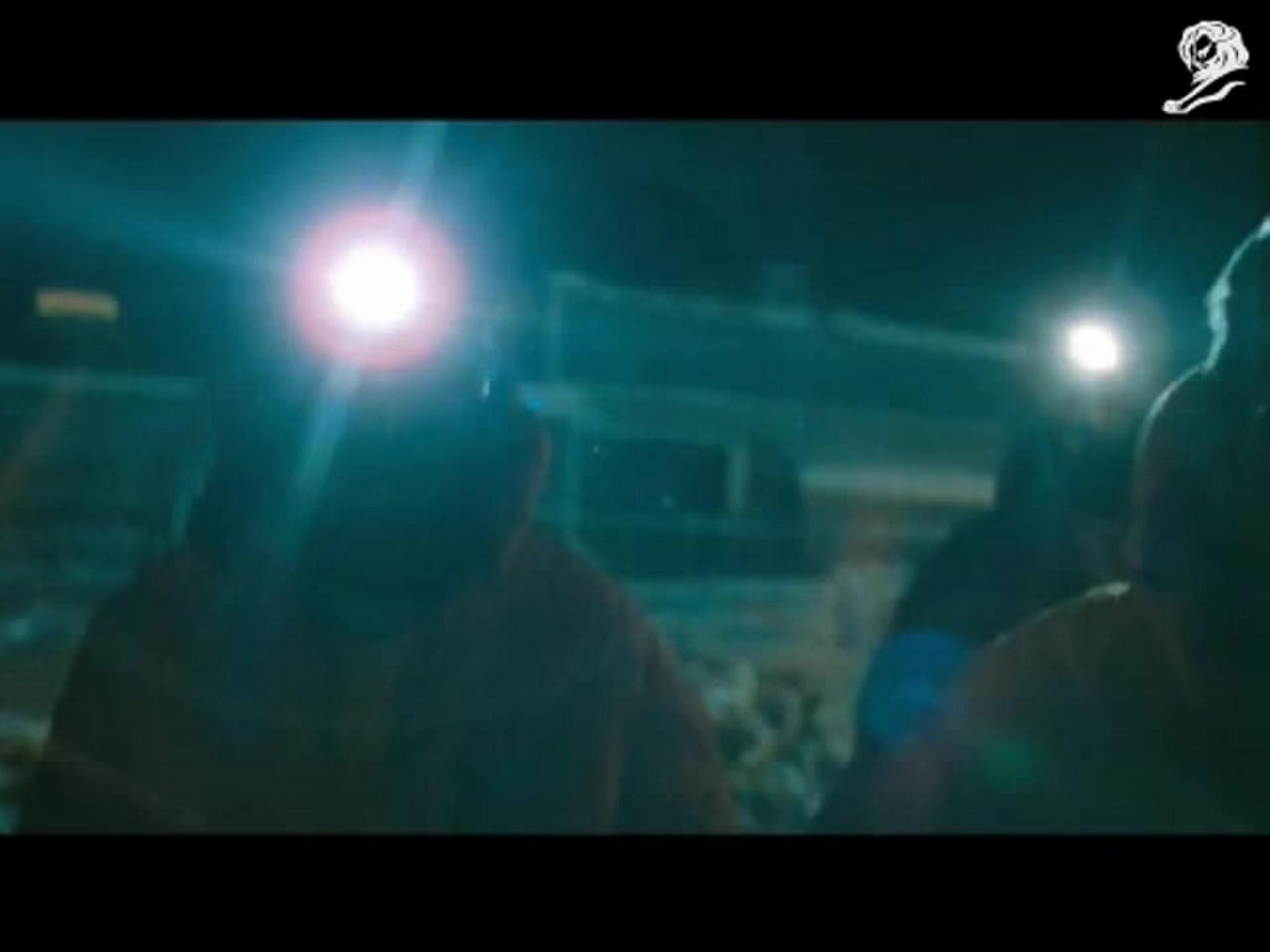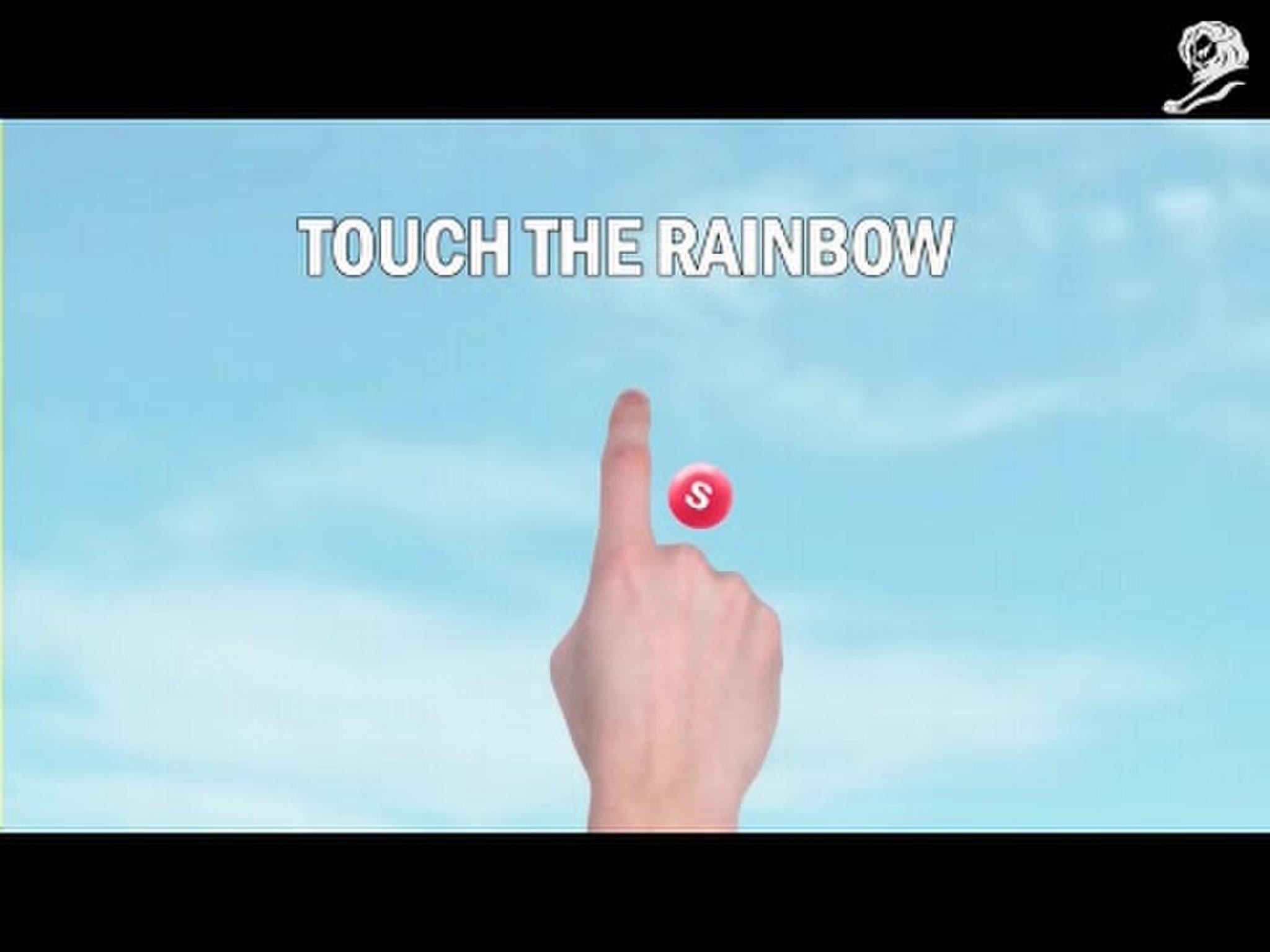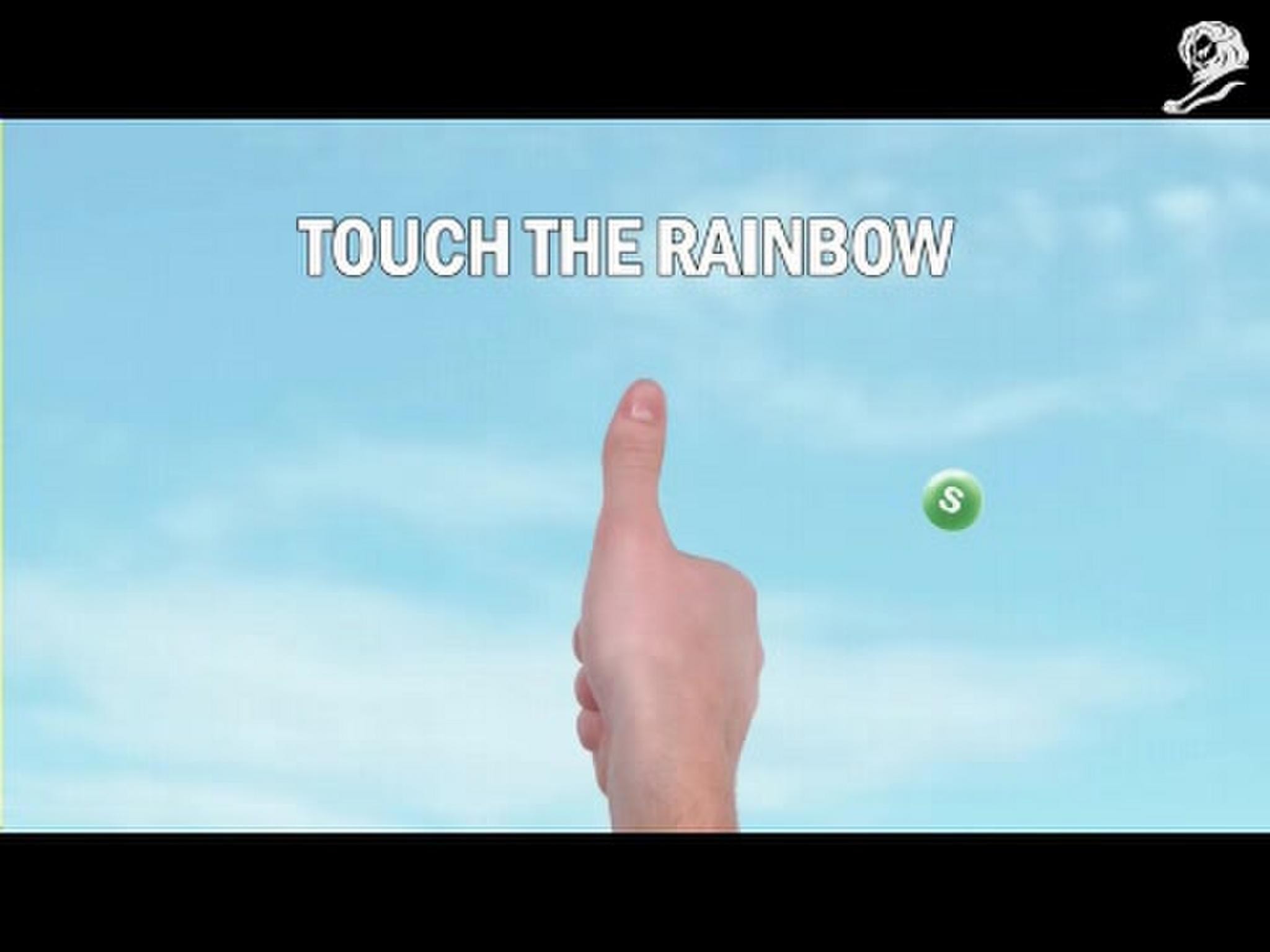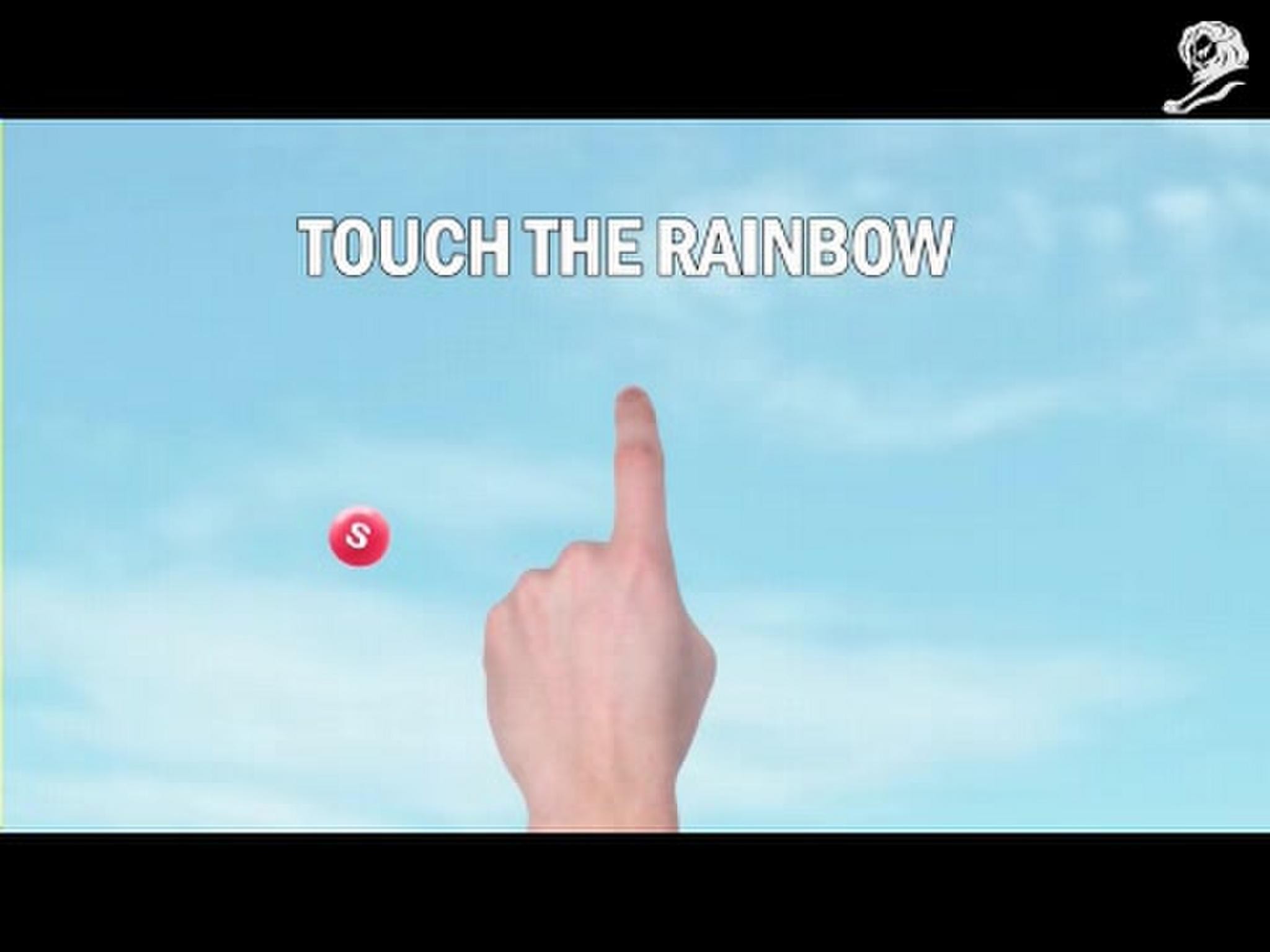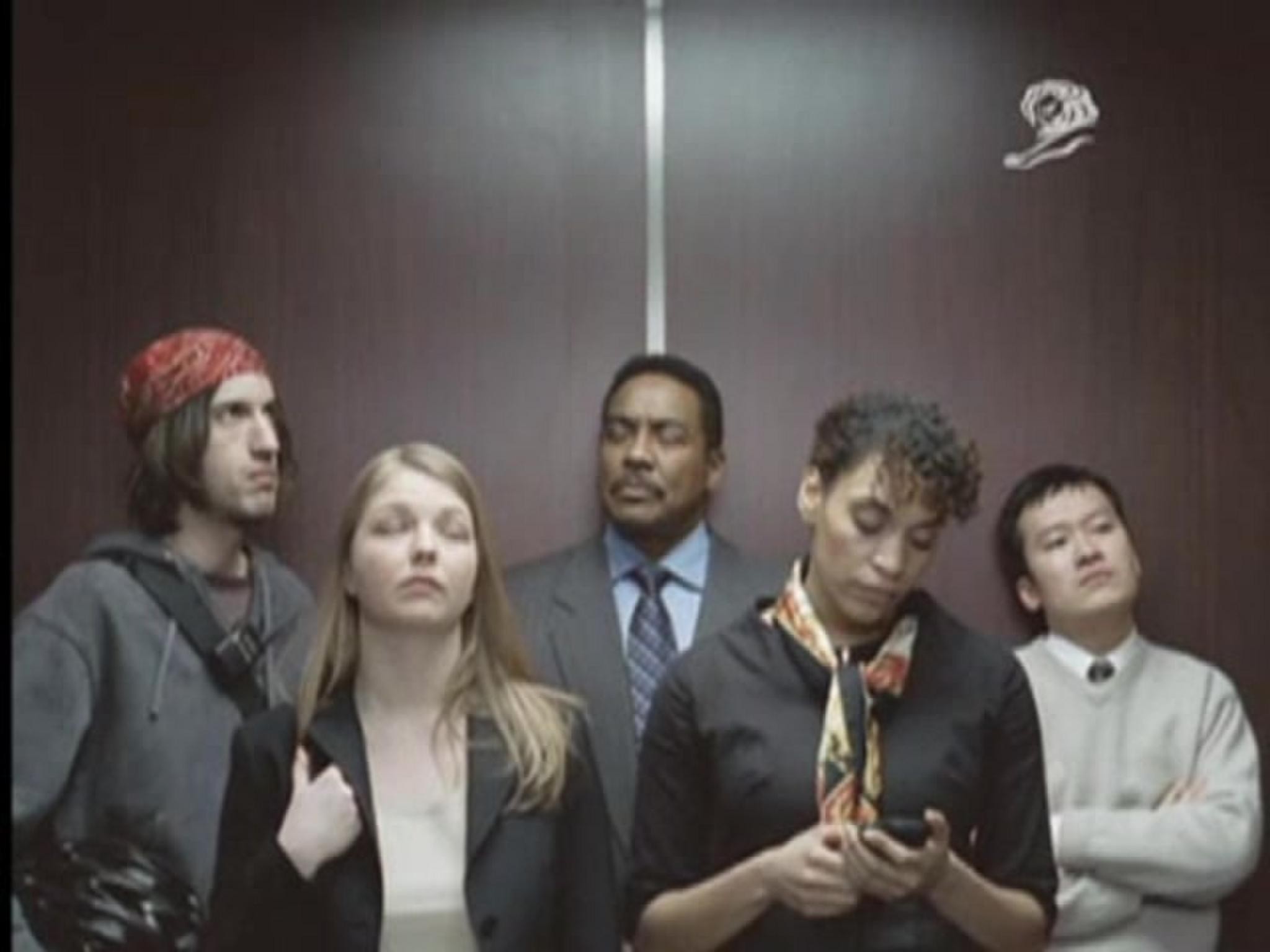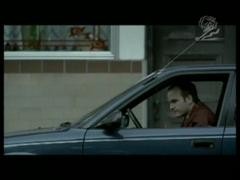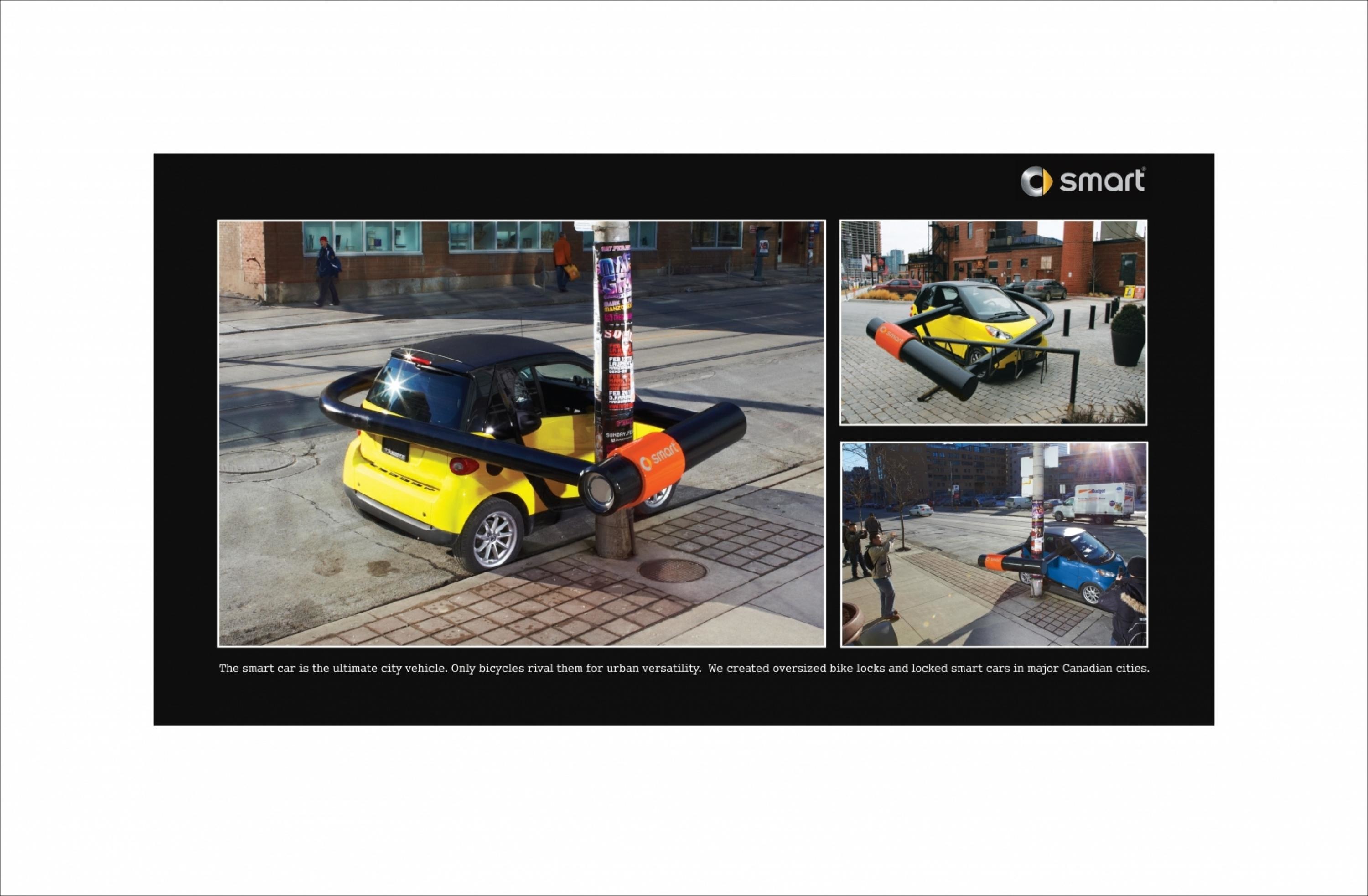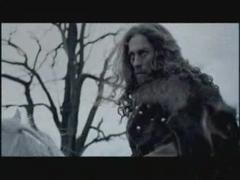Entertainment > Challenges & Breakthroughs
MISSING MATOAKA
BBDO CANADA, Toronto / MUSKRAT MAGAZINE / 2023
Awards:

Overview
Credits
Overview
Why is this work relevant for Entertainment?
This project takes a highly well-known piece of existing entertainment by Disney and hijacks it with our own piece of critical audio content, creating a net new piece; a remix of Disney’s Pocahontas told from an Indigenous perspective. It was created to educate as it entertains by confronting the stereotypes of the film by using the film, being critical in real time.
Background
According to Amnesty International, sexual stereotypes continue to be a major factor in violent attacks towards Indigenous Women and Girls. Indigenous Women are 16x more likely to be murdered or go missing than any other group, and 4 out of 5 Indigenous Women will experience violence in their lifetime. To bring truth, one must first look to where there are lies. Where are the places in culture where there is misrepresentation? Answer? Disney’s Pocahontas is based on false narratives, as well as the harmful, sexualized “Indian Princess” stereotype, and watched time and time again by countless people around the world, including children. To answer this call and fight the sexualized stereotype, our strategy was simple: tell the real story of Pocahontas - not a Hollywood depiction - in a way that corrects its harmful stereotypes and inaccuracies, and in a big way that brings much-needed attention to its truth.
Describe the strategy & insight
To bring truth, one must first look to where there are lies. Where are the places in culture where there is misrepresentation? Answer: Disney’s depiction of the most famous Indigenous woman was based on lies. The story of Pocahontas, based on false narratives, as well as the harmful “Indian Princess” stereotype, has been embellished and perpetuated and has been watched by millions around the world, including children. The truth (and our insight) is that the Pocahontas is one of the first documented missing and murdered Indigenous women. It is not a love story or a children’s story. It’s a tragic tale of a woman who was assaulted and kidnapped from her people and her identity. Our strategy was simple: tell the true story of Pocahontas - not a Hollywood depiction - in a way that corrects its harmful stereotypes, and in a way that brings much-needed attention to its truth.
Describe the creative idea
Missing Matoaka; an alternative audio track to Disney’s Pocahontas, synced with every syllable on screen. Mute the original and play our version. In this alternative audio track, Pocahontas - whose real name was Matoaka - narrates the existing movie from an Indigenous perspective. With the help of Indigenous historians, the entire movie was re-written and re-recorded word for word in sync with the original by Indigenous writers and Indigenous voices, with music composed and performed by Indigenous artists. It sets the record straight on several harmful misconceptions and stereotypes surrounding the story of Pocahontas/Matoaka. Not only does the script tell the true story of Matoaka, stereotypes of hyper-sexualization are broken down and the values that maintain colonial violence are confronted. It reframes what has become a well- known narrative in a way that is profound, powerful and long overdue.
Describe the craft & execution
To create an alternative audio track to match a pre-existing visual on screen is 100% backwards. It’s not the way you create animated features. It’s the opposite! We started by deleting everything in the Disney version. Then we rebuilt an entire film’s worth of audio. Starting with the script. We couldn’t just write any script we wanted. It had to be educational, historically accurate and at some points critical of the film itself –all in real time as you watch it - and all from an Indigenous perspective. Our screenwriters had to correct the narrative and write a new script - line by line as they watched the Disney version. Each word had to be chosen to reflect the technical reality of the lip sync AND correct the stereotype unfolding on screen. And to follow copyright law, not use any of the original dialogue. Not that we’d want to anyway.
Describe the results
Missing Matoaka received national mainstream coverage and was featured on primetime media across Canada along with several US and International news outlets, reaching over 114 million within the first week alone. This number not only represents impressions, but the powerful impact that comes with understanding the truth after centuries of lies. Most importantly, Chiefs of Ontario, The Indigenous Women’s Council, and educators across the continent have reached out for permission to share Missing Matoaka with their communities and students to use as a teaching tool to perpetuate the truth amongst a generation that can help change the future for Indigenous Women and Girls.
Please tell us how the work tackled and confronted disparities within the entertainment industry.
Pocahontas – Disney’s depiction – is the most famous oversexualized, female Indigenous stereotype in the world. As a group of female-led Indigenous creators, we looked to change the narrative by retelling her story starting with her real name – Matoaka. From an Indigenous perspective, the narrative shifts to the truth. Stereotypes of hyper-sexualization are broken down and the values that maintain colonial violence are confronted in this new story. This project addresses racial and ethnic diversity, gender diversity, age diversity, positive body image and an underrepresented group through the storyline, theme and narrative.
Is there any cultural context that would help the jury understand how this work was perceived by people in the country where it ran?
Canada’s colonial past and present is one of the worst in the world. For much of colonial history, Indigenous women have been portrayed as more sexually available and less worthy than their non-Indigenous counterparts. This representation is not only false and demeaning, it has manifested itself into some chilling real-world statistics: Indigenous women in Canada are 16x more likely to be murdered or go missing than any other demographic group, and 4 out of 5 Indigenous women will experience violence in their lifetime. We responded to The Canadian Government’s National Inquiry into Missing and Murdered Indigenous Women and Girls which delivered 231 Calls for Justice, including the task to “take proactive steps to breakdown the stereotypes that hypersexualize and demean Indigenous women, girls” The initiative was launched on National Indigenous Peoples Day with Muskrat Magazine and encouraged Canadians to “experience the true story of Pocahontas at MissingMatoaka.ca”.
More Entries from Diversity & Inclusion in Entertainment in Entertainment
24 items
More Entries from BBDO CANADA
24 items









